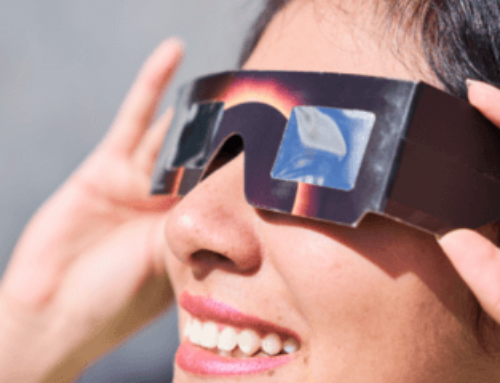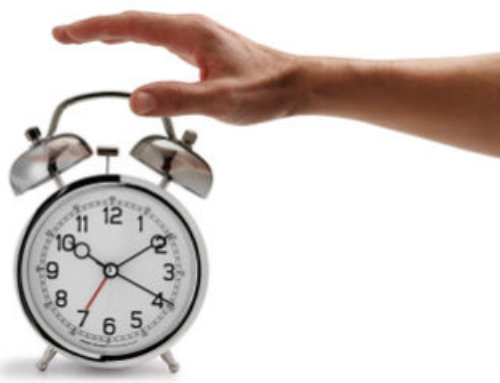CONTACT: Doug Dusik, 630-737-9700 ext. 9345, ddusik@aasm.org
DARIEN, IL – Sleepier college students are more likely to think about what others could have done to make things better, even to the extent of planning revenge, suggests a research abstract that will be presented Wednesday, June 15, in Minneapolis, Minn., at SLEEP 2011, the 25th Anniversary Meeting of the Associated Professional Sleep Societies LLC (APSS).
Results show that sleepiness was positively correlated with counterfactual thinking, which involves thoughts about how events in the past could have been different. Sleepier people were more likely to imagine how outcomes could have been better than reality and think about how the behavior of others could have produced better outcomes. In contrast, sleepier people were not more likely to imagine how their own behavior could have produced better outcomes. Sleepiness also was positively correlated with all three subscales of displaced aggression: angry rumination, behavioral displaced aggression and revenge planning.
According to the authors, research has shown that sleepiness negatively impacts mood and impairs the integration of emotion and cognitions when making moral judgments. However, no prior studies had investigated how sleepiness affects social cognitions such as counterfactual thinking and displaced aggression.
“The sleepier people are, in this case college students, the more likely they are to engage in thinking about what might have been, called ‘counterfactual thinking,’ and to engage in more thoughts about displaced aggression,” said principal investigator David Mastin, PhD, associate professor of psychology at the University of Arkansas at Little Rock.
Mastin noted that previous research has suggested that counterfactual thinkers might be more motivated and analytical. However, the current study suggests that sleepiness heightens the negative side of counterfactual thinking.
“Sleepier people seem to engage in counterfactual thinking that is more dissatisfied and perhaps more selfish,” said Mastin. “It may be that the sleepier you are, the more likely your musings are to be angry thoughts about how others could have done better.”
Mastin, along with co-authors Julie Steel, PhD, and Brittany Berry from UALR, and Jennifer Peszka, PhD, from Hendrix College, gathered data from 108 college students with a mean age of 24 years; 75 percent were women. Participants provided sociodemographic data and completed self-report questionnaires including the Epworth Sleepiness Scale, the Counterfactual Thinking for Negative Events Scale, and the Displaced Aggression Questionnaire.
According to Mastin, the findings have practical implications for interpersonal relationships, such as in workplace interactions and performance evaluations. The study also makes an important contribution to the understanding of social decision making.
“It may be that sleepiness-related changes in social cognition will lead to a greater understanding of emotional intelligence and suggest methods of coping,” Mastin said.
The SLEEP 2011 abstract supplement is available for download on the website of the journal SLEEP at https://www.journalsleep.org/ViewAbstractSupplement.aspx.
A joint venture of the American Academy of Sleep Medicine and the Sleep Research Society, the annual SLEEP meeting brings together an international body of more than 5,000 leading clinicians and scientists in the fields of sleep medicine and sleep research. At SLEEP 2011 (www.sleepmeeting.org), more than 1,000 research abstract presentations will showcase new findings that contribute to the understanding of sleep and the effective diagnosis and treatment of sleep disorders such as insomnia, narcolepsy and sleep apnea.
Abstract Title: The Relationship between social cognition and sleepiness among college students
Abstract ID: 0193
Presentation Date: Wednesday, June 15, 2011
Presentation Type: Poster – #249
Presentation Time: 10:30 a.m. – 11:30 a.m.
###








